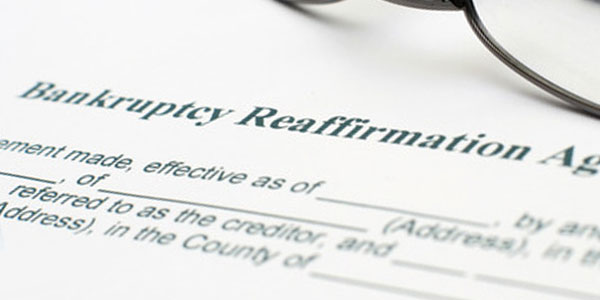Post-confirmation Assets in Chapter 13: Property of the Estate? Maybe.
In a Chapter 13 bankruptcy, do Debtors have to pay the trustee new property they get after confirmation? The answer may surprise you.
Your chapter 13 case is confirmed, things are sailing along, and then it happens: there’s an inheritance or personal injury reward or life insurance payout or large asset of new property. Is this property of the estate, or is this the debtor’s and excluded from the bankruptcy case?
It all hinges on the tension between Sections 1306 versus 1327 of the Bankruptcy Code. Let’s see what all the fuss is about.
Continue reading “Post-confirmation Assets Part of a Chapter 13? It Depends”










